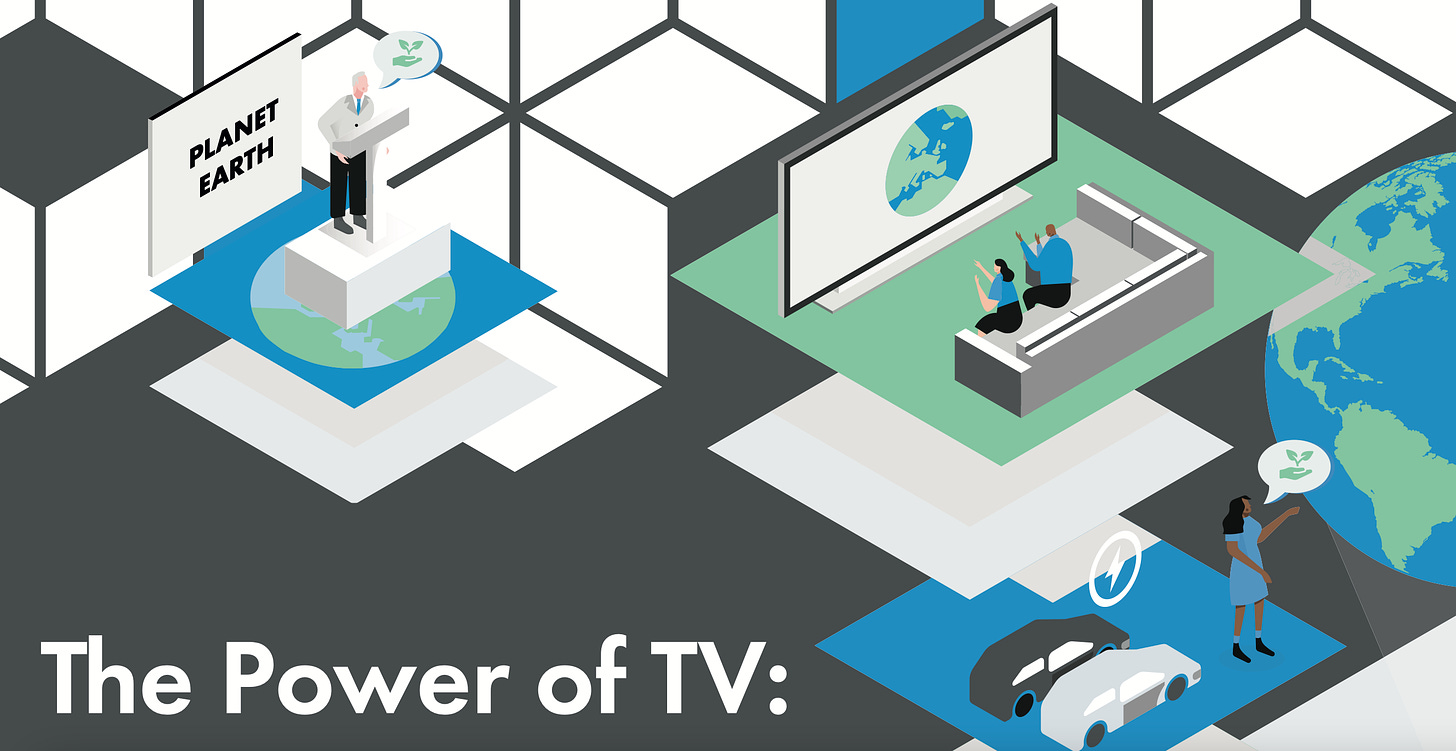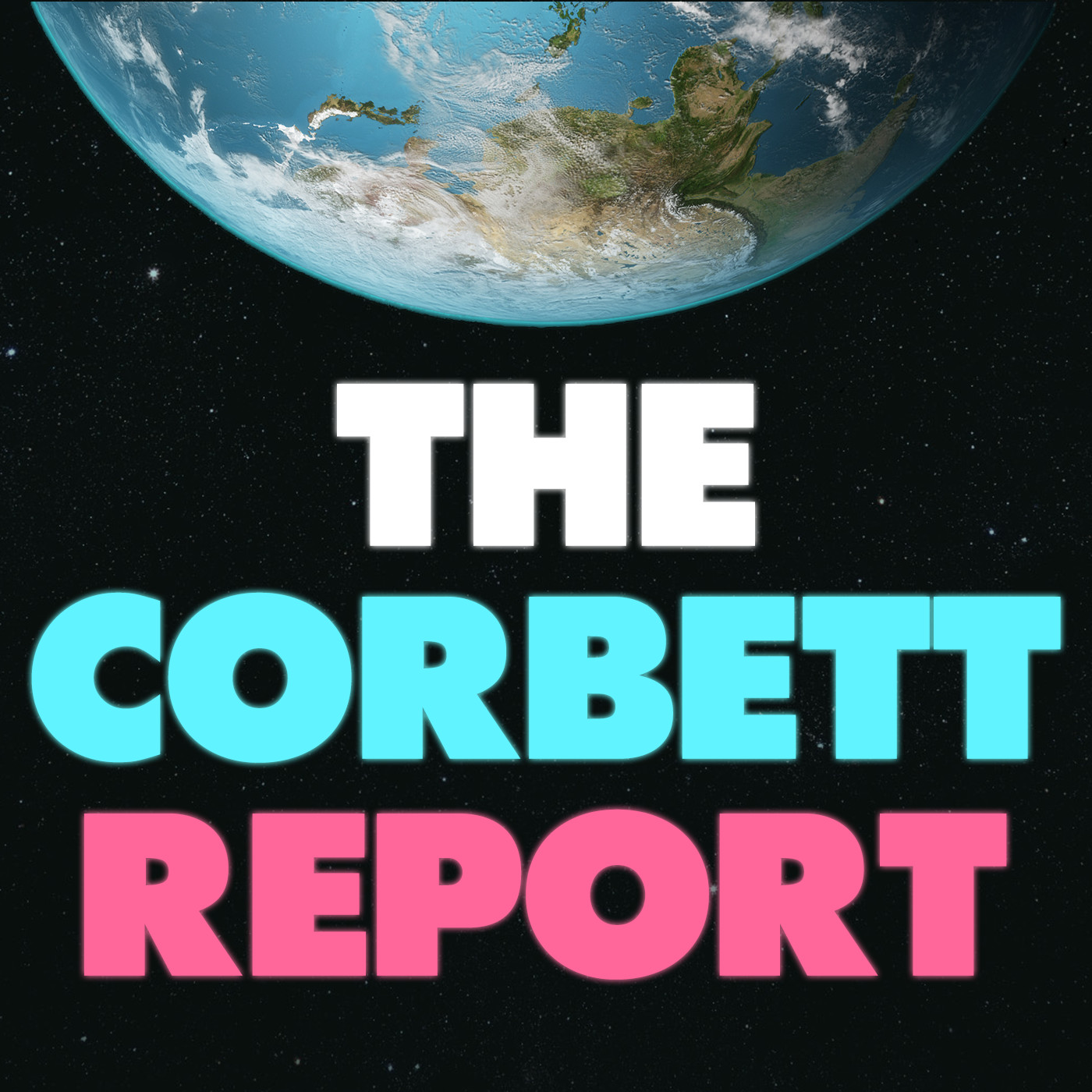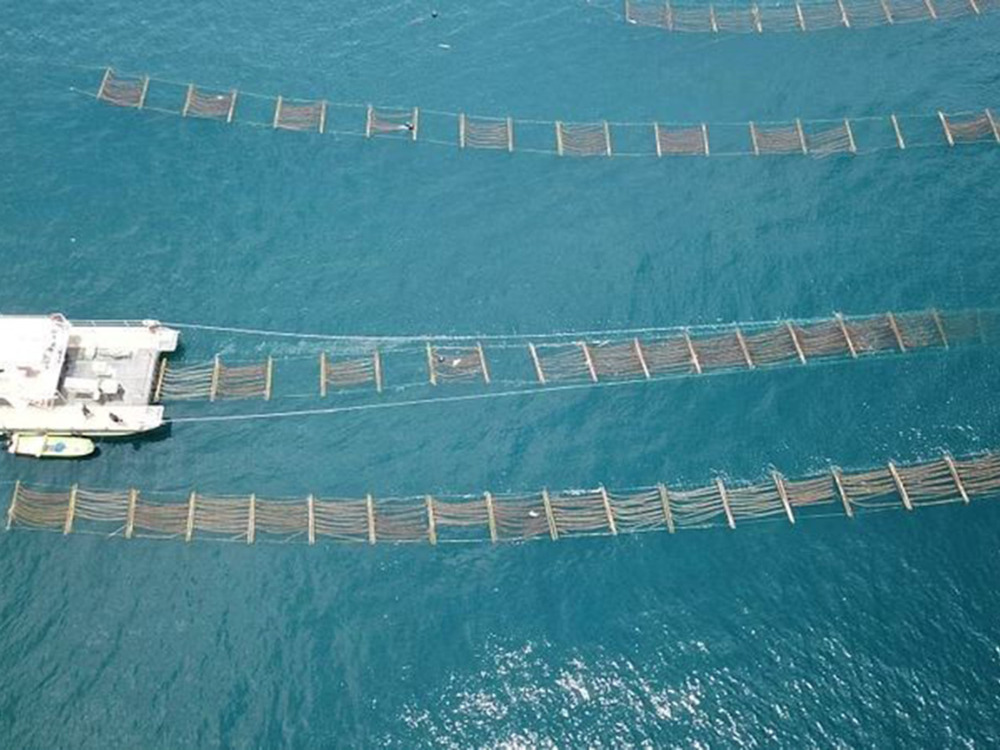Is climate change closer to home than you think? The BBC wants you to think so. Last Wednesday, the iconic Eastenders closing credits were adapted to show London if sea levels rose by 2 metres, to promote the the final episode of Frozen Planet II.
The Facebook trailer admitted, “This isn’t a reality now but our future will be determined by what happens here.” The BBC’s press information for the show offered this note to editors:
“*Some IPCC climate projection scenarios indicate a possibility that by 2100 sea levels could have risen by two metres. If this happens, and no further flood defences for London are built, it’s plausible that water levels around the Thames would resemble this digitally-created aerial image.”
In essence, as we not currently in an observable climate crisis, the BBC has used graphics and visual effects to create an impression of a crisis. Just how plausible is the digitally-crafted scene designed to sober and scare the soap’s viewers?
According to climate researcher Ben Pile,
“Two metres of sea level rise (SLR) by the end of the century is far outside any plausible projection offered by the scientific consensus, as represented by the Intergovernmental Panel on Climate Change (IPCC). IPCC projections based on different economic and policy scenarios (some of which are themselves implausibly bad) vary between about 30mm and 1.1 metres SLR by 2100. However, belying these projections is a scientific debate about the rate at which seas are rising based on observations. Some estimates suggest a lower rate of around 1.4mm per year, and some are higher at 3.6mm/year. That is to say that the observed rate suggests SLR of between 109mm and 280mm by 2100 – a much smaller range.”
Emphasis on worst-case scenarios does not genuinely inform the public and it omits important contextual information. SLR has been a fact for thousands of years, since the end of the last Ice Age and the Southeast of England is also sinking due to geological processes.
“London needs defences from the tide, whether or not global warming is contributing to sea level,” said Pile. “Fortunately, we know, thanks to the Dutch, how to deal with this problem for the foreseeable future. Most of Amsterdam is 2 metres below sea level, and it and half of The Netherlands, which has been reclaimed from the sea, is protected by systems of earthworks that have been constructed over the past 900 years using medieval technology. By hitching itself to the climate agenda, Eastenders’s writers are turning it into a silly Sci-Fi show.”
Viewer reaction was divided. “Wat dat got do with EastEnders?” asked one viewer on Facebook. “We need a bigger Thames Barrier,” said another. There was praise on Twitter for the “cool yet so terrifying” imagery, as well as criticism for “leftie propaganda”. A good number called it brainwashing.
Are you being brainwashed? I’ve written about how nudgers openly admit to using TV to nudge us to Net Zero and how the summer’s heatwave weather reports were a prime example of that, as well we how education is being weaponised to push the climate agenda. Soap opera storylines crossed over during COP26. Russell T Davies has warned that the new series of Doctor Who will be addressing environmental concerns.
Turning on the TV unleashes an onslaught of preaching, green or otherwise. People don’t tune in to soap operas for moralising about climate change, or veganism, or conspiracy theories, or anti-vaxxers, or whatever the thing du jour is. This might partly explain why soap audiences are declining faster than overall TV audiences.
“Behaviour change via broadcasting and traditional media has historically been aimed at improving public health, boosting gender equality, and reducing violence. Imagine the potential for emissions reductions if the same methods were used to encourage sustainable behaviours!”
– From The Power of TV: Nudging Viewers to Decarbonise their Lifestyles

The launch show of Eastenders had 17.35 million viewers. More than 30 million tuned in for the 1986 Christmas special when Dirty Den handed Angie divorce papers. The last Christmas special had just 2.9 million, and the audience reached record lows this summer.
To be fair, we didn’t have streaming services at the peak of soap success. But they also didn’t sermonise like they do now. Soaps used to reflect social issues (remember the first gay kiss in Eastenders and the first lesbian kiss in Brookside?) but now they contain clunky, shoe-horned storylines and characters designed to socially engineer us into model citizens.
The storylines which focused on humanity and community are replaced by sensationalised storylines, trivia and preaching.
The BBC would like you believe you will be wading through 2 metres of water by 2100. That is not certain, or even plausible. For now, we’re wading through woke virtue signalling and non-stop climate nudging. We’re drowning in doom-mongering. The first casualties are the quality of TV and the audience numbers.
Source link
Author Laura Dodsworth






